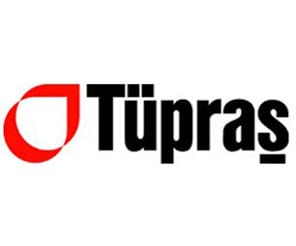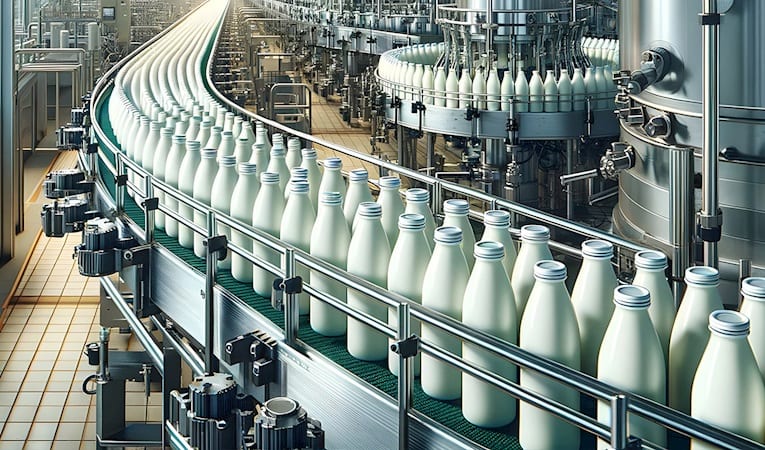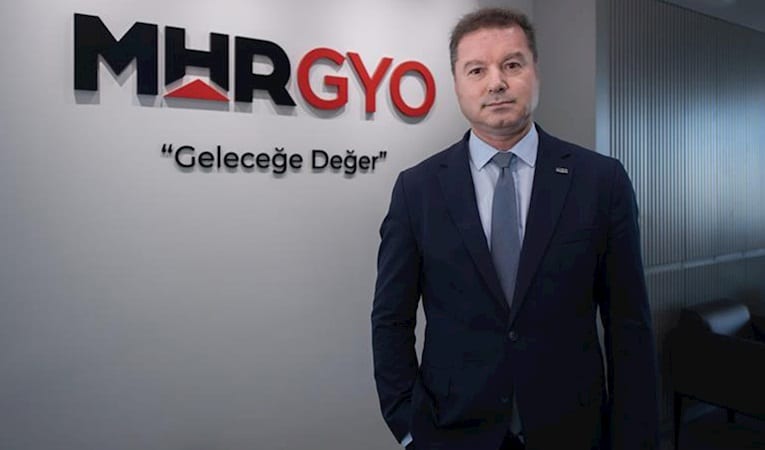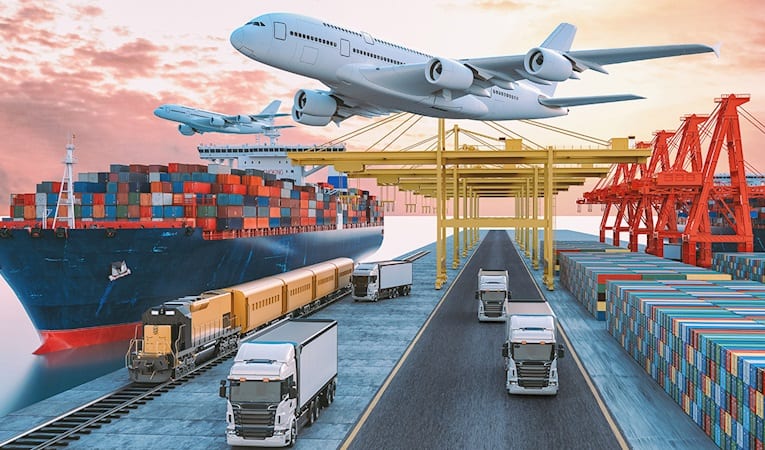
-
BIST 100
 13821,97%0,49En Düşük13821,97En Yüksek0
13821,97%0,49En Düşük13821,97En Yüksek0 -
DOLAR
 43,97%0,02Alış43,95Satış43,97En Yüksek43,99
43,97%0,02Alış43,95Satış43,97En Yüksek43,99 -
EURO
 51,15%-0,58Alış51,11Satış51,15En Yüksek51,53
51,15%-0,58Alış51,11Satış51,15En Yüksek51,53 -
STERLİN
 59,10%-0,28Alış58,48Satış59,10En Yüksek59,09
59,10%-0,28Alış58,48Satış59,10En Yüksek59,09 -
ALTIN
 7650%-2,24Alış7324,43Satış7650En Yüksek7825
7650%-2,24Alış7324,43Satış7650En Yüksek7825
-
BIST 100
 0%0,49En Düşük0En Yüksek0
0%0,49En Düşük0En Yüksek0 -
DOLAR
 43,96%0,02Alış43,95Satış43,97En Yüksek43,99
43,96%0,02Alış43,95Satış43,97En Yüksek43,99 -
EURO
 51,13%-0,58Alış51,11Satış51,15En Yüksek51,53
51,13%-0,58Alış51,11Satış51,15En Yüksek51,53 -
STERLİN
 58,79%-0,28Alış58,48Satış59,10En Yüksek59,09
58,79%-0,28Alış58,48Satış59,10En Yüksek59,09 -
ALTIN
 0%-2,24Alış7324,43Satış7650En Yüksek7825
0%-2,24Alış7324,43Satış7650En Yüksek7825
- Anasayfa
- Haberler
- Tüm Haberler
- Perfection peak plan
Perfection peak plan
Tüpras will continue with major investments and strategy of perfecting their processes
1.08.2013 00:00:000

How was your performance in 2012? To what extent did Tüpraş achieve its targets?
- The improvement in the global economy was less than expectations but, from Tüpraş’s perspective, it was a year in which our overall operational targets were achieved to a significant degree and important phases of the İzmit Fuel Conversion Project, which is the main medium-term target, were successfully realized. The disruption in the balance of products produced by the impact of the continuing crisis in Europe on the demand for products in the Mediterranean region had a negative impact on profitability. In the oil products sector, increases in turnover and financial performance are not reflected on each other and can be misleading. Just as happened this year, although the high oil price may increase the turnover, it may not be reflected in a growth in profitability. Moreover, the monetary volume of the turnover is particularly important from the perspective of showing the financial dimensions of the sector. In addition, the impact of developments in the exchange rates and the prices of international oil products resulted in an increase in the volumes of sales in 2012 of 15.4 percent compared with 2011 to reach TL 47.03 billion. The decline in Tüpraş’s net refinery margin resulted in a fall in the pretax profit of 11 percent decline when compared with 2011. In 2007, our exports stood at $3.3 billion. In 2012, our exports were $5 billion. In terms of volume, our exports accounted for 23-24 percent of our total sales.
You set a target of returning to pre-crisis levels in 2012. Was this achieved?
- The figures have yet to return to pre-2008 levels either in the global economy or in the oil sector. In the refining sector, the most important indicators of profitability are the refinery margins and ratios, and the rates of both crude oil and product prices have yet to reach the values of 2008. There are a lot of fluctuations in the sector and it is clear that we are still far from achieving the expected recovery. We determined our production strategy accordingly, and applied a policy of optimization rather than maximization for both our capacity utilization and production strategy. In terms of sales, we have just about achieved the levels of 2008. In 2012, our domestic sales were only 1.3 percent lower than in 2008.
How has this been reflected in your sales?
- In 2012, our domestic sales rose by 836,000 tons to 19.6 million tons. Although the Turkish economy grew by 3 percent in 2012, the rapid growth in air transportation resulted in a rise of 20 percent in sales of jet fuel and, as a result of increase in land transportation, a rise of 10 percent in sales of diesel.~
Tüpraş increased its share of the diesel market by 1.6 percentage points to 53.1 percent and its share of the petrol market by 4.9 percent to 96.4 percent. In 2012, we exported 5.9 million tons of products, while our domestic sales stood at 25.4 million tons. The share of white products in domestic sales rose from 73.3 percent in 2007 to 77.7 percent in 2012.
What kind of expectations did you have for this year? To what extent have these expectations been fulfilled during the first six months?
- From the perspective of prices, in 2013 we expected something similar to last year. But, when we look at the market for the first six months, we see that it is not very stable. As a result, the world is not experiencing a year similar to 2012. This also affects our market. As part of our optimization programme, in the first quarter of the year we reduced our capacity utilization rate by 6.8 percentage points to 64.6 percent. Due to the fall in production and demand as a result of this optimization, Tupra§’s sales declined by 9 percent in the first quarter of the year. Including exports, our total sales decreased by 8.5 percent compared with last year to 4.9 million tons. In parallel to the declines in sales volume and the price of crude oil during this period, in 2012 our sale revenue decreased by 12.9 percent and, as a result of the decline in refinery margins, our EBITDA fell by 27.2 percent compared with the previous year. Our expectation is that the market will at least recover in the second half of 2013. Our target is to achieve the figures from 2012.
What is Tupra§’s position on the global market today?
- In terms of capacity, we rank seventh in Europe and 28th in the world.
Capacity is an important indicator but the conversion rate index is also important. This index is 7.5, which means that we are above the average for the Mediterranean at the moment. The figure for land refineries is generally over 10. In the Reliance Refinery, the average is 14. With our new investment, the figure for the Izmir Refinery will rise to 14.5 and the figure for Tupra§ to 10. If nothing extraordinary happens in the world’s refineries, our refineries will be amongst the leading ones by the end of 2014.
Where do you see Tupra§ in 5-10 years’ time?
- Our priority target is raising Tupra§’s regional and global competitiveness to the highest level. In order to achieve this, we are continuing several important investments in addition to the Fuel Oil Conversion Project. Our target is to achieve operational excellence in every area of the sector, make Tupra§ into a logistical power for our country and raise Tupra§ to the level of one of the world’s leading refineries.
“A $1 BILLION POSITIVE IMPACT ON THE CURRENT ACCOUNT"
THE CONTRIBUTION OF THE NEW PROJECT
When the Fuel Oil Conversion Project comes into operation then our capacity utilization rate will exceed the pre-2008 level and reach 100 percent. We shall use 4.2 million tons of black products that we produce ourselves. We shall produce around 2.9 million tons of diesel from these 4.2 million tons. There will be around 500,000 tons of petrol and about 700,000 tons of petroleum coke. The Turkish cement sector imports around 3.5 million tons of petroleum coke. This could be the first area of use. Later it could be converted into gas or energy production. But our first target is to convert our black products into diesel and petrol.~
$500 MILLION PROFIT
Coming to the increase in profitability that these results will create, it looks as if the figure will be $550 million in interest and pretax profits. The basic added value will be the difference between the diesel, jet and petrol price and the fuel oil price. At the moment, we export fuel oil. Turkey imports diesel. Turkey imports around 10 million tons of diesel. This project will have a positive impact of around $1 billion on Turkey’s current account.
Türkiye ve dünya ekonomisine yön veren gelişmeleri yorulmadan takip edebilmek için her yeni güne haber bültenimiz “Sabah Kahvesi” ile başlamak ister misiniz?



